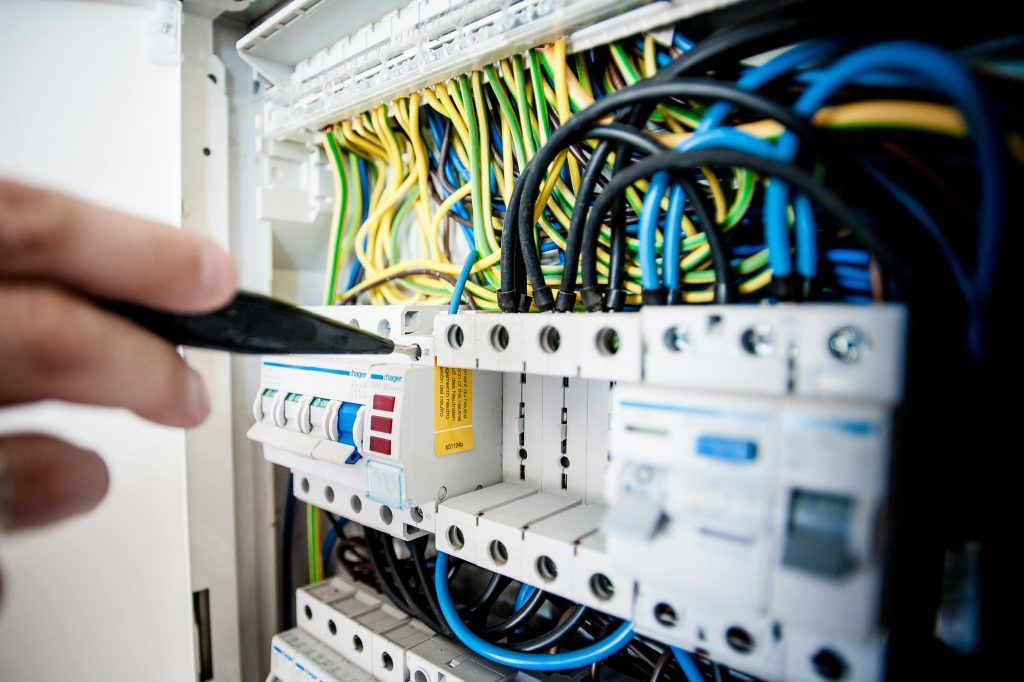
Introduction
Have you ever faced an appliance that suddenly stopped working? Deciding whether to repair or replace it can be overwhelming. In our daily lives, we rely on these devices to make everyday tasks easier, and when they fail, it's crucial to make informed decisions. It’s not just about saving money—it's also about optimizing your time and contributing to a more sustainable environment.
1. Signs Your Appliance Needs Attention
1.1. Strange Noises
Unusual noises are one of the first signs that something’s wrong. A loud hum in a refrigerator may indicate compressor issues, while a high-pitched squeal in a washing machine could mean a worn-out belt. Paying attention to these sounds can help you identify problems before they get worse.
1.2. Loss of Efficiency
If you notice your appliance is consuming more energy than usual or taking longer to complete its cycles, it might be operating inefficiently. Using an energy meter can help you compare its current usage with the manufacturer's specifications.
1.3. Repair Costs
Before making a decision, compare repair costs with the price of a new appliance. For example, oven repairs can range from $125 to $425, while a new model might cost between $500 and $2,000. Evaluating these figures is essential for making an informed choice.
2. Factors to Consider Before Deciding
2.1. Age of the Appliance
Appliance lifespans vary depending on type and brand. For instance, a refrigerator can last between 10 and 20 years, while a microwave typically has a lifespan of 5 to 10 years. If your appliance is nearing the end of its life, replacement might be the smarter option.
2.2. Repair Cost vs. Replacement Cost
In some cases, repairing is clearly more economical. For example, if a washing machine needs a new drain pump that costs $150, and a new washer is $600, the repair is the more viable option.
2.3. Environmental Impact
Repairing or replacing your appliance also has environmental implications. Fixing an appliance reduces electronic waste and the resources needed to manufacture a new one. Choosing repair can be the more sustainable option.
3. The Importance of Hiring a Professional
3.1. Benefits of Professional Service
Hiring a professional technician ensures the job is done safely and efficiently. Many services also offer warranties on repairs, giving you peace of mind.
3.2. How to Choose the Right Technician
Look for technicians who are certified by manufacturers and have experience with the type of appliance you need fixed. Client reviews and referrals are also valuable.
3.3. Questions to Ask Before Hiring
Before hiring a technician, consider asking questions like: What’s your experience with this type of appliance? Do you offer warranties on your repairs? What are your rates and how are they structured?
4. When It’s Better to Replace
4.1. Outdated Appliances
Older models that don’t meet energy efficiency standards are ideal candidates for replacement. For example, a refrigerator that consumes a lot of power might cost more in the long run than a new, energy-efficient one.
4.2. Technological Advancements
New models often feature advanced technology that improves efficiency and functionality. Investing in a modern appliance can lead to significant savings on energy bills.
4.3. Warranties and Return Policies
Warranties can influence your decision. If a new appliance comes with a long-term warranty, it might be a good time to replace your old one—especially if it’s no longer reliable.
5. Conclusion
In summary, when facing a broken appliance, it’s important to assess the warning signs, consider the costs and environmental impact, and—above all—hire a professional to ensure quality service. Remember, you’re not alone in making this decision. Taking the time to evaluate your options can save you money and headaches in the long run. If you're unsure, don’t hesitate to contact a professional to help you make the best choice!

